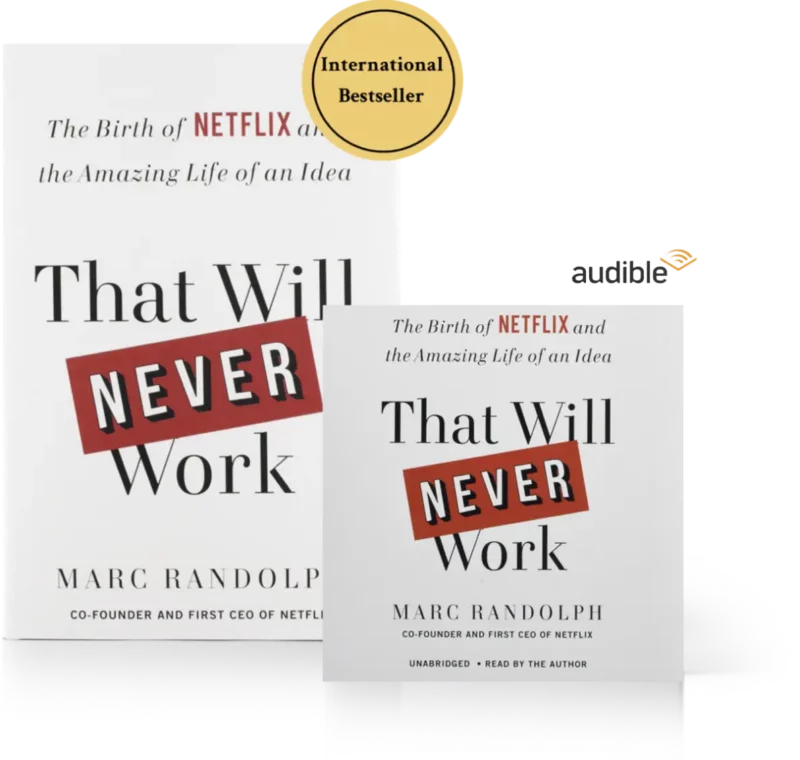The Most Important Part of Scaling Your Business. Scaling Yourself!
Just as a startup has a limited supply of people, money, and resources, you as an individual are equally constrained. There’s only so much you can do in a day.

During World War I, a new type of mechanized combat was causing previously unimaginable injuries. Faced with an overwhelming number of wounded – and limited in what quantities of aid could be administered – French doctors would divide the victims into three categories:
-Those who were likely to live, regardless of what care they received.
-Those who were unlikely to live, regardless of what care they received.
-Those for whom immediate care might spell the difference between living and dying.
This methodology came to be known as triage (from the French verb trier, meaning to separate or sort) and it’s an approach with uses far beyond the battlefield, including firefighters deciding which structures to save, farmer’s deciding how to allocate limited water, and yes . . . entrepreneurs deciding what parts of their business to spend time on.
In fact, I believe that triage – and its associated discipline “focus” – are two of the most essential skills for early-stage entrepreneurs, who (as I mentioned in last week’s post on corporate culture) often find themselves with hundreds of things that need doing, and only the resources to tackle a handful of them.
But not unlike World War I battlefield surgeons, a quick survey of their task list will probably show that these tasks can also be sorted into three buckets:
-Projects that have little impact on the eventual success or failure
-Projects are so broken that no amount of attention will fix them
-The two or three projects, which if you can get them right, will render the rest of your issues immaterial
It’s not simply picking the right two or three projects, and of course, it’s also a double problem: you not only have to have the intuition to pick the right projects to focus on, you also have to have the discipline and willpower to focus 100% of your resources there – even though other projects will be crying out for your attention.
But there’s another important consideration to keep in mind; in addition to figuring out which task to focus on, it’s sometimes even more important to figure out who should be focusing on it. Just as a startup has a limited supply of people, money, and resources, you as an individual are equally constrained. There’s only so much you can do in a day, so it’s sometimes helpful to ask such questions as:
-Am I spending my time on the most important projects?
-Can someone else do this job almost as well, so I can focus on the things that no one else can do?
-Am I working on problems I’m uniquely positioned to solve?
These are critical questions, and if you’re currently struggling with any of them, I encourage you to download episode sixteen of the That Will Never Work podcast since my guest this week is in the same place.
Chris, known professionally as “The Architect,” runs a consultancy that designs and executes one-of-a-kind urban adventures all over the world. Think – highly elaborate urban scavenger hunts. Chris spends months on them; scouting locations, designing clues, training staff, figuring out the best way to build the most interesting and unique puzzles. They are works of art, and his reputation for excellence has him booked out months in advance. After all . . .there’s only ONE Architect.
But that’s just the problem. Chris wants to scale his business – but there are only so many hours in a day – and it’s impossible to simultaneously be coaching actors in Boston, while scouting locations in Brussels, while supervising an event in Botswana. But all of it needs his creative touch and attention to detail. Or does it?
It’s a fascinating discussion, and I think you’ll enjoy listening in as I help Chris work through the process for determining how and when he should delegate.
For Chris, just as for most leaders, being willing to let go of some aspects of your business in order to focus on others requires a skill that in many ways is even harder than triage and focus; it requires trust.
But if you’re thinking about scaling your business, keep this in mind: most of us think that scaling a business is about scaling marketing, scaling sales, or scaling production. But it’s time we answered an even more important question: How can we scale ourselves?
RECOMMENDED FOR YOU
Everything I Know About Creating Buzz, I Learned From Taylor Swift
Podcast Episode 72
Is it a Culture Problem or a Hiring Problem?
October 25, 2022 • 38 min
